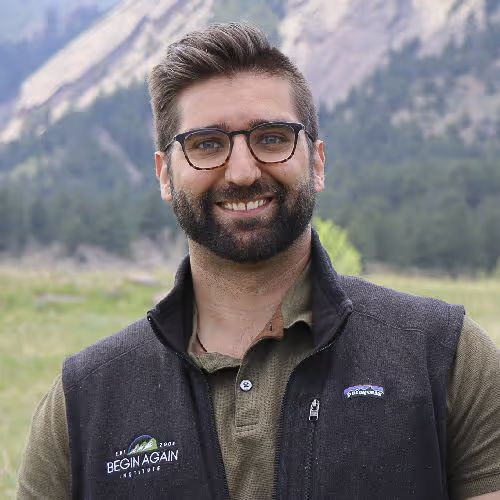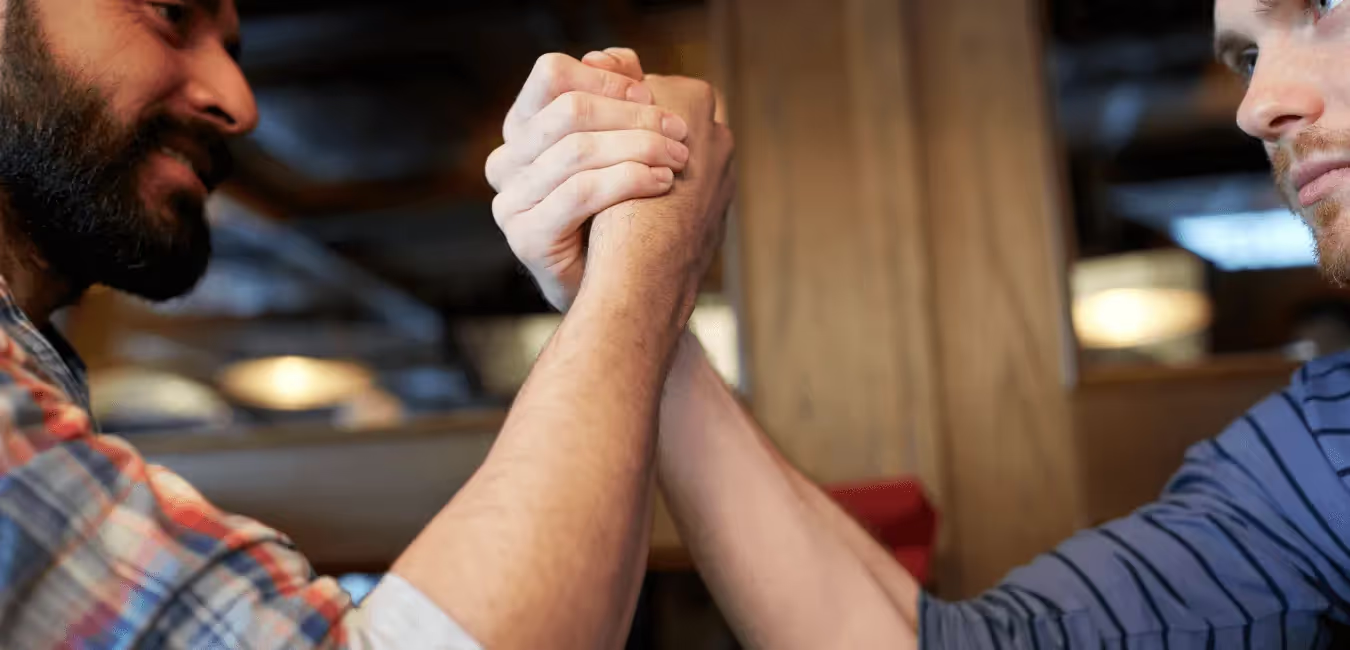Having been raised outside the US, Sako knows what it’s like to look at things from a different lens. His Armenian culture has fostered a love of close relationships where the messiness of human beings and all of their “stuff” is considered to be a part of the joy and experience of life. Sako identifies connection, compassion, humor, and growth to be his core values, which he brings into all parts of his life, especially his professional work.
He loves to support people on their journey, and believes it to be an honor to stand beside someone during some of their hardest hours and moments. Having been a pre-med student and later receiving medical healthcare training, he likes to bring in the neurophysiological side of things into his work. Sako possesses a strong relapse prevention skillset, and has a knack for working with younger guys who have porn and sex addiction issues. In coming from multidisciplinary care settings early on in his career, he believes in an integrated and bidirectional approach to therapy and addiction recovery, which includes taking a look at all co-occurring disorders (such as depression, anxiety/panic, bipolar, ADHD), and developing both a strong cognitive-behavioral skillset with somatic awareness and neuroregulation skills.
Sako is not your typical therapist. Clients have described Sako’s style as inquisitive, involved, humorous, directive, and energetic. If you’re looking for a quiet therapist who simply nods and asks you how you’re feeling, then Sako’s not the right guy for you. If you’re ready to dive into the muck, and need a compassionate yet encouraging clinician to be there with their sleeves rolled up, then Sako is ready to get to work alongside you.





